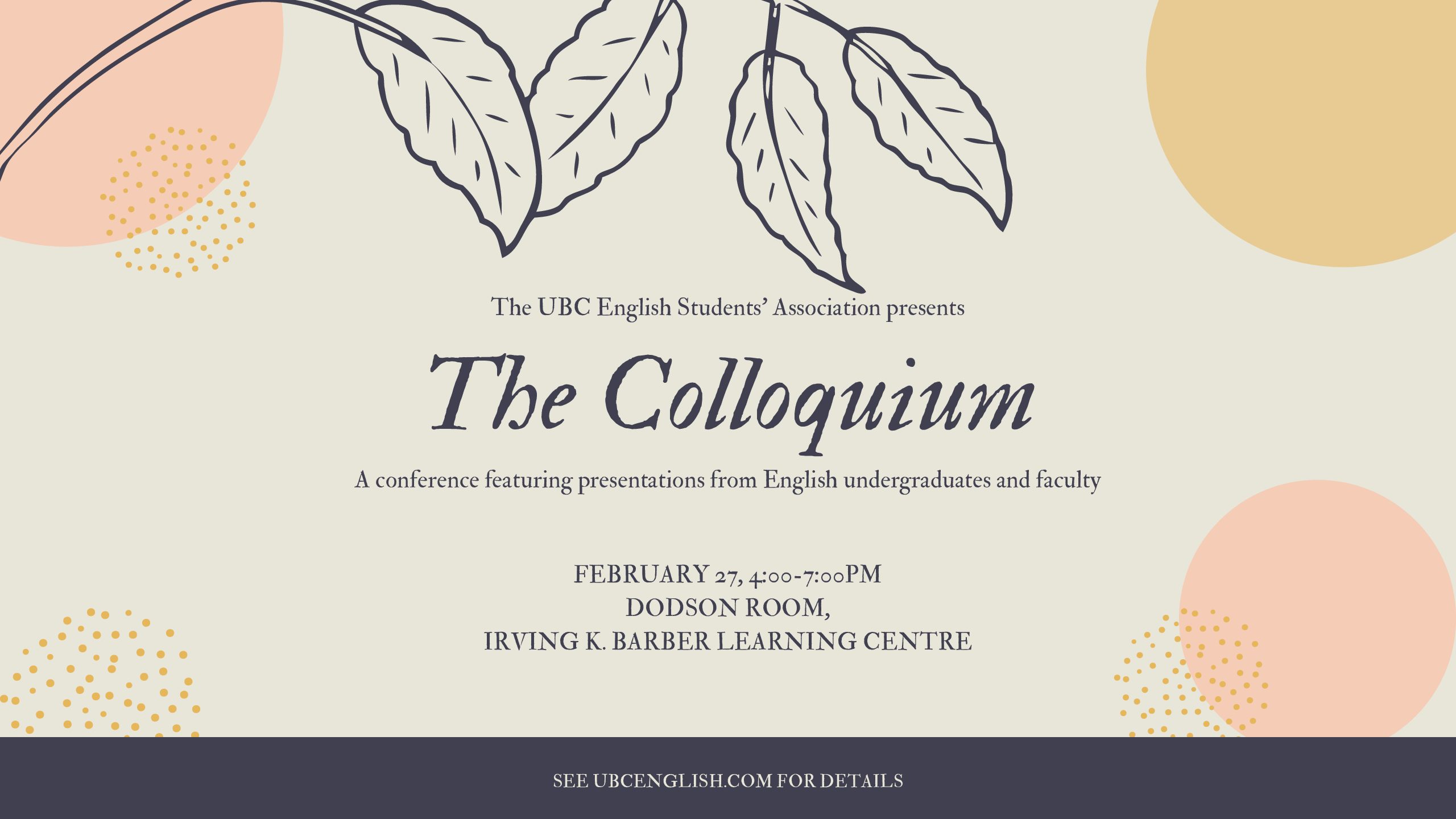
Gender Formation and Queer Love in Shakespeare’s “Sonnet 20”
The young man, the subject of Shakespeare’s first 126 sonnets, is an ambiguous presence. Despite being written about extensively, he is never described in full. His gender, interestingly, is neither easily identifiable nor stable. In sonnet 20, the young man’s gender is confusingly put into focus and blurred. Either as a means of correcting Nature’s queer feelings or as a mistake, the young man ends up with a penis. By hypercorrecting—I adopt this linguistics term to mean mistakenly correcting something to avoid the nonstandard—her queer love, Nature ultimately perpetuates it and reveals the insignificance of gender as it relates to love.
The young man is immediately a gender-bending force. Figured as the object of Shakespeare’s desire in the sonnet, traditionally a female role, he bears a “woman’s face” (Shakespeare 20.1) and a “woman’s gentle heart” (2). But he bears a man’s eye as it is “more bright than [women’s]” (4) and is a “man in hue” (7). As a collection of gendered parts, the young man seemingly has no prescribed gender. Because “nature’s own hand painted” (1) the young man’s feminine face, it is figured as both natural and unnatural. Despite being created naturally, Nature is figured as an artist which artificially create paintings, in other words objects. As the object that Nature paints, the young man is also figured as a painting. There is nothing to know about the soul of a painting. Even when his deeper self is mentioned, his woman’s heart, it is to declare women false rather than reveal information about the young man. As a result of this fuzzy focus on the young man’s deeper self, he is as unknowable as his gender. Furthermore, this gender-bending content is mirrored by the form of the sonnet—concluding exclusively in feminine endings. Each line ends with a stressed syllable followed by an unstressed one.
The young man’s creation is particularly interesting with respect to his gender. He is either made a man by accident, or he is made a man to correct for Nature’s same-sex love towards her initially female creation:
And for a woman wert thou first created,
Till Nature as she wrought thee fell a-doting,
And by addition me of thee defeated,
By adding one thing to my purpose nothing. (9-12).
Notably, ‘a-doting’ connotes two alternative stories. According to the Oxford English Dictionary from the 15th century onward, doting could either mean the sense of “To have one’s intellect or mental faculties impaired due to old age” or “To bestow love, fondness, care, or attention on a person or thing extravagantly, excessively, or uncritically; to be infatuated, besotted, or foolishly in love with someone or something” (“dote, v1”). Both scenarios ultimately suggest that gender is an inconsequential by-product of creation. In the first sense, it suggests that gender can happen accidentally, as the genitalia comes last in the creation sequence. Whether having ‘one’s intellect and mental faculties impaired’ implies sleepiness or an outright mistake, gender is still figured as an afterthought. Furthermore, altering gender as a means of correcting queer feelings, in this case accidentally perpetuating them, demonstrates how little gender factors into creation as it seemingly insignificantly alters the final result. Rather, gender can be as random as sleepily attaching a penis to someone initially intended to be a woman.
Works Cited
“Dote, v1.” Oxford English Dictionary Online, 2021, https://www.oed.com/view/Entry
/56976?rskey=spx2nT&result=1&isAdvanced=false#eid
Shakespeare, William. “Shakespeare’s Sonnets.” The Oxford Shakespeare, Complete Sonnets
and Poems. Edited by Colin Burrow, Oxford University Press, 2002, pp. 397-691.




